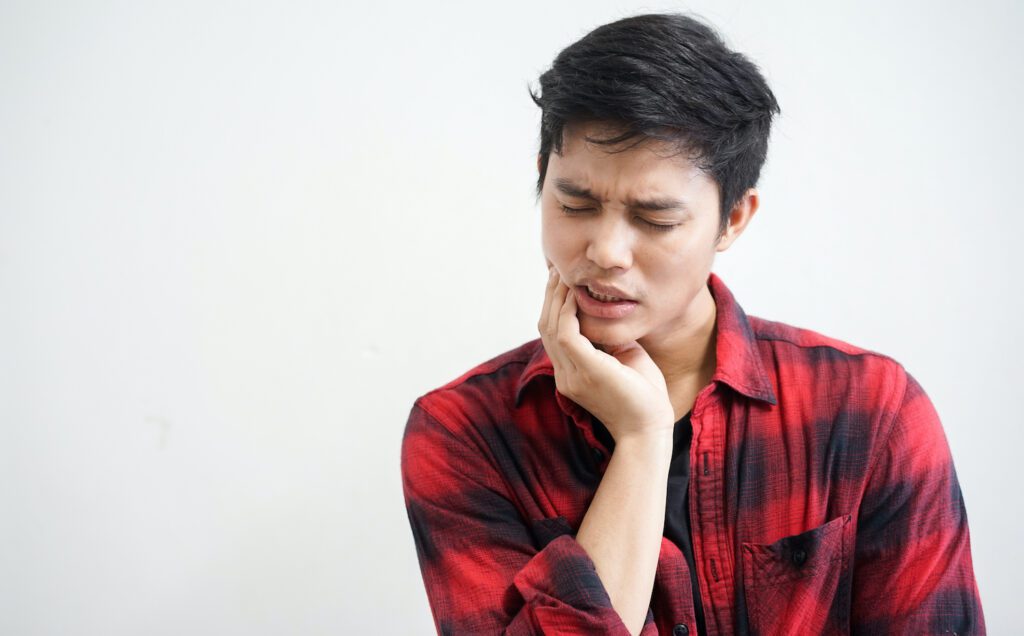Temporomandibular joint disorders (TMD) are bite problems that can affect the teeth, jaw, and face. Patients with TMD often experience frequent headaches and orofacial pain. Nightguards and Botox treatments can help relieve tension in the face and jaw. Dr. Ashley Whetsell is trained by the American Academy of Facial Esthetics (AAFE) to administer Botox to patients, whether they want to treat TMD or address facial wrinkles. Discover more about Botox and TMJ treatment provided by Dr. Whetsell in Nashville, TN.

What is Botox?
Botox Cosmetic is a neurotoxin, which means it can affect the function of the nervous tissue. Injecting Botox can temporarily paralyze the facial muscles. Typically, we use Botox to treat wrinkles and lines around the mouth, on the forehead, and around the eyes. Treatment can smooth the skin to create a more youthful appearance. Botox relaxes these muscles and releases tension in the face. Because of this, we can use Botox for patients who have TMJ disorders.
Botox and TMJ Disorders in Nashville, TN
Temporomandibular joint disorders can cause jaw and tooth pain, teeth clenching and grinding, and chronic headaches. Many TMD patients benefit from wearing a nightguard or occlusal splint. They can also use Botox treatments to address problems like facial pain and headaches.
There are many advantages of Botox for patients with TMD. Botox treatments can:
- Minimize the frequency of headaches
- Decrease TMD pain
- Relax the jaw muscles
- Increase mouth movements
Before injecting Botox into the face, Dr. Whetsell will determine which areas cause the most pain or facial tension. Then, she will choose key points of the face to inject. After 7 to 10 days, patients will begin to feel relief from headaches and pain. Patients may also notice a change in their faces as their jaw line narrows. The relaxed muscles decrease in size as they become less active. Botox is not a one-time treatment. Dr. Whetsell will see patients 3 or 4 months after their initial treatment. These repeated treatments continually relax the facial muscles.
If your TMD symptoms are creating orofacial pain, call (615) 637-2878. You may also schedule a dental consultation with Dr. Whetsell online. Please let Dr. Whetsell know if you have any questions about Botox treatment, especially if you are unsure if the treatment is right for you. She will gladly answer your questions and help you find the best treatment for your TMJ symptoms.
